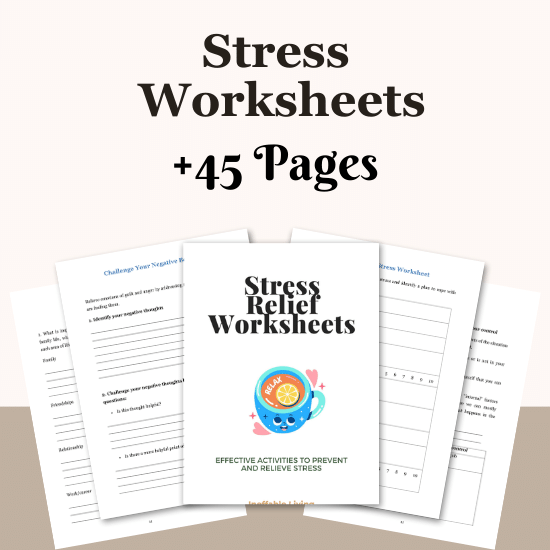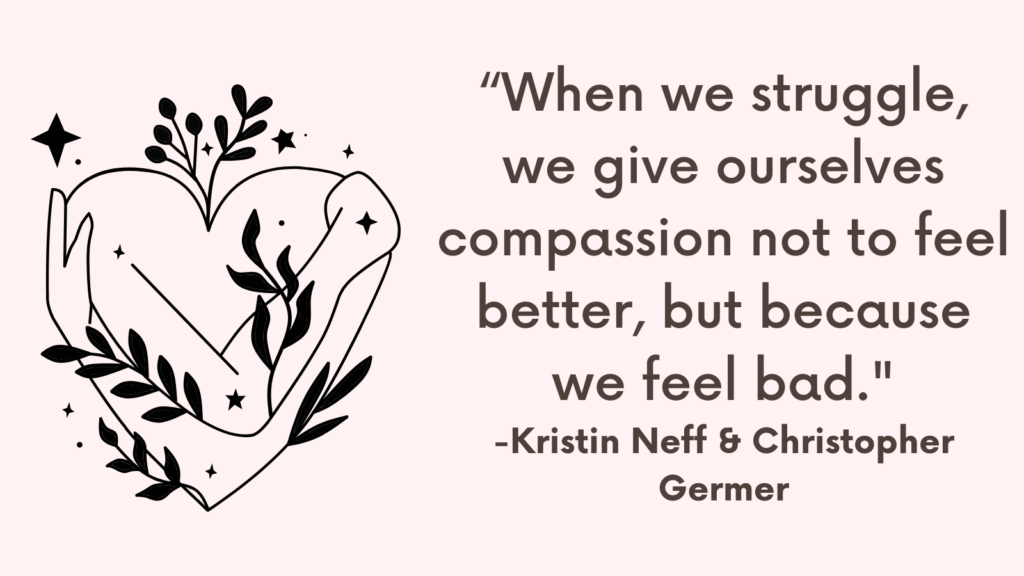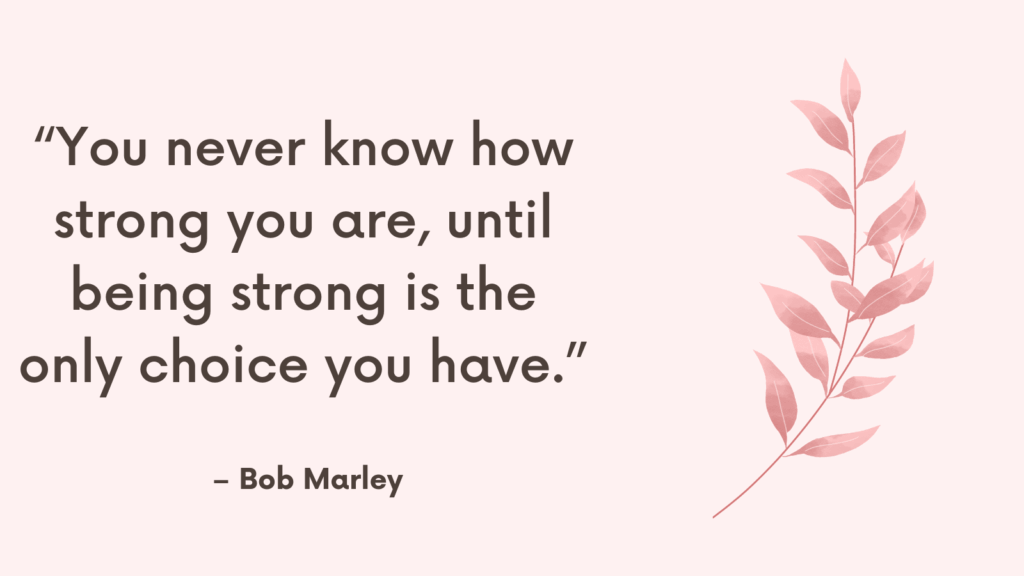Academic stress is a common experience for students and professionals alike, driven by deadlines, performance expectations, and a heavy workload.
Here are some practical tips to help you manage stress and maintain balance, whether you’re in school or navigating professional development.
Coping with Academic Stress: 12 Tips for Students and Professionals
1. Prioritize Tasks with a Clear Plan
An overwhelming workload often becomes more manageable when broken down into specific tasks. Creating a clear, organized plan helps you focus on priorities and reduce stress.
How to Practice: Start by listing all tasks and deadlines, then prioritize them by importance and urgency. Use tools like a calendar, planner, or task management app to organize your schedule. Breaking tasks into smaller steps makes large projects less daunting and helps you feel in control.
2. Set Realistic and Achievable Goals
Setting goals is motivating, but overly ambitious targets can increase stress and lead to burnout. Focus on setting realistic, achievable goals that keep you moving forward without overwhelming you.
How to Practice: Use the SMART method (Specific, Measurable, Achievable, Relevant, Time-bound) to set manageable goals. For example, instead of aiming to “master a subject in a week,” try “study two chapters each day.” This approach builds momentum and reduces pressure.
Related: Letting Go of Perfectionism: Best 20 Tips
3. Take Regular Breaks to Recharge
Studying or working continuously can lead to mental fatigue and stress. Incorporating short breaks helps you stay refreshed and improves focus.
How to Practice: Use techniques like the Pomodoro method—work for 25 minutes, then take a 5-minute break. Step away from your workspace during breaks, stretch, or take a quick walk to clear your mind. Regular breaks help maintain productivity and reduce burnout.
4. Practice Mindfulness and Stress-Relieving Techniques
Mindfulness can reduce stress by helping you stay present and manage anxious thoughts. Practicing mindfulness regularly improves mental clarity and helps you respond to stress with calm.
How to Practice: Try simple mindfulness exercises like deep breathing or progressive muscle relaxation. Apps like Headspace or Calm offer guided meditation, which can be helpful if you’re new to mindfulness. Practicing these techniques daily can create a buffer against stress.
Related: How To Break The Cycle Of Performance Anxiety?
5. Limit Procrastination with Structured Routines
Procrastination increases stress by creating last-minute pressure. Building structured routines helps reduce procrastination by making it easier to start tasks on time.
How to Practice: Break tasks into small, manageable pieces and tackle one at a time. Set specific times in your routine for focused study or work sessions, and use tools like timers or productivity apps to stay on track. The habit of starting tasks promptly eases stress and keeps you productive.
6. Create a Productive, Organized Workspace
A cluttered workspace can add to stress by creating visual distractions. An organized, comfortable space helps improve focus and reduces tension.
How to Practice: Keep your workspace clean and organized, with only essential materials nearby. Add calming elements like a plant, natural light, or soft lighting if possible. A designated, organized space signals to your brain that it’s time to focus, helping you stay on task.
Related: How to Overcome the Fear of Losing Control?
7. Seek Support from Peers, Mentors, or Advisors
Academic stress often eases when you share your concerns and seek guidance. Talking to someone can provide new perspectives and emotional support.
How to Practice: Connect with classmates, study groups, or mentors to discuss challenges and share resources. Don’t hesitate to reach out to professors or academic advisors if you’re struggling with course material or workload. Social support helps you feel understood and can clarify areas of stress.
Related: How to Use Scheduled Worry to Relieve Anxiety?
8. Exercise Regularly to Boost Mood and Energy
Physical activity releases endorphins, which improve mood and reduce stress. Even short bursts of exercise can provide a mental break and boost your energy levels.
How to Practice: Try incorporating 15–30 minutes of physical activity into your day, like stretching, walking, or even a quick workout at home. Exercising regularly supports both mental and physical health, helping you stay resilient under academic pressure.
9. Manage Perfectionism with Self-Compassion
High standards can lead to undue pressure and stress. Practicing self-compassion helps you manage perfectionist tendencies by recognizing that no one can perform perfectly all the time.
How to Practice: When you make a mistake or don’t meet your expectations, remind yourself that learning is a process. Use self-compassionate phrases like “I’m doing my best” or “It’s okay to make mistakes.” This mindset shift helps reduce stress and prevents burnout.
Related: How to Break the Anxiety About Anxiety Cycle In 5 Practical Steps?
10. Maintain a Balanced Lifestyle with Sleep and Nutrition
Proper sleep and nutrition are foundational to mental clarity, focus, and resilience. Taking care of your physical well-being directly impacts your ability to manage stress effectively.
How to Practice: Aim for 7–8 hours of sleep each night and try to maintain a balanced diet with regular meals. Avoid excessive caffeine, especially later in the day, as it can disrupt sleep. Prioritizing health improves focus, energy, and your overall capacity to handle stress.
11. Reward Yourself for Progress and Achievements
Acknowledging your hard work and rewarding yourself can be motivating, even for small milestones. Celebrating your progress boosts morale and encourages you to keep moving forward.
How to Practice: After completing a task or reaching a milestone, reward yourself with something enjoyable, like watching a show, taking a relaxing bath, or spending time with friends. Regular rewards make the academic journey more enjoyable and reduce stress.
Related: How to Stop Mind Wandering?
12. Seek Professional Support if Needed
If academic stress feels overwhelming, professional support can provide effective strategies to help you cope and manage better.
How to Practice: Reach out to a school counselor or mental health professional if you’re feeling consistently stressed or anxious. Counseling can provide personalized support and coping strategies tailored to your needs, helping you navigate academic pressures.

Conclusion
Managing academic stress involves a balance of time management, self-care, and support.
By incorporating these strategies, you can approach your studies with greater confidence, reduce stress, and maintain a healthy balance in both your academic and personal life.
Remember, progress is gradual, and taking small steps to care for yourself can make a big difference over time.



